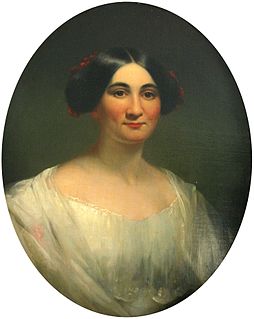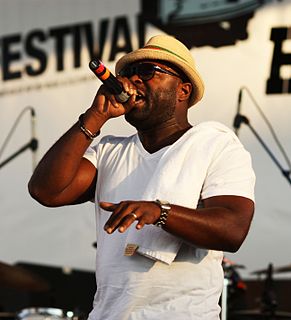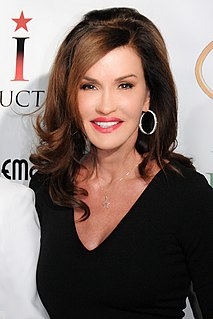A Quote by Alexander Pope
Whether the darken'd room to muse invite, Or whiten'd wall provoke the skew'r to write; In durance, exile, Bedlam, or the Mint, Like Lee or Budgel I will rhyme and print.
Related Quotes
This is what rhyme does. In a couplet, the first rhyme is like a question to which the second rhyme is an answer. The first rhyme leaves something in the air, some unanswered business. In most quatrains, space is created between the rhyme that poses the question and the rhyme that gives the answer - it is like a pleasure deferred.
Will tossed his apple core into the air, at the same time drawing a knife from his belt and throwing it. The knife and the apple scaled across the room together, somehow managing to stick into the wall just beside Gabriel's head, the knife driven cleanly through the core and into the wood. "Say that again," said Will. "And i'll darken your daylights for you.
When you do your research write down whatever interests you. Whatever stimulates your imagination. Whatever seems important. A story is built like a stone wall. Not all the stones will fit. Some will have to be discarded. Some broken and reshaped. When you finish the wall it may not look exactly like the wall you envisioned, but it will keep the livestock in and the predators out. (pg. 144)
There is an endorphin rush that comes when you puke. It's kind of like a runners wall. Once you cross that wall, once you cross that party wall and you puke, you do get a rush. There are good chemicals there. And also, you've made more room in your gut, in your stomach, in your gullet for more content, whether it be fluids or foods.






































